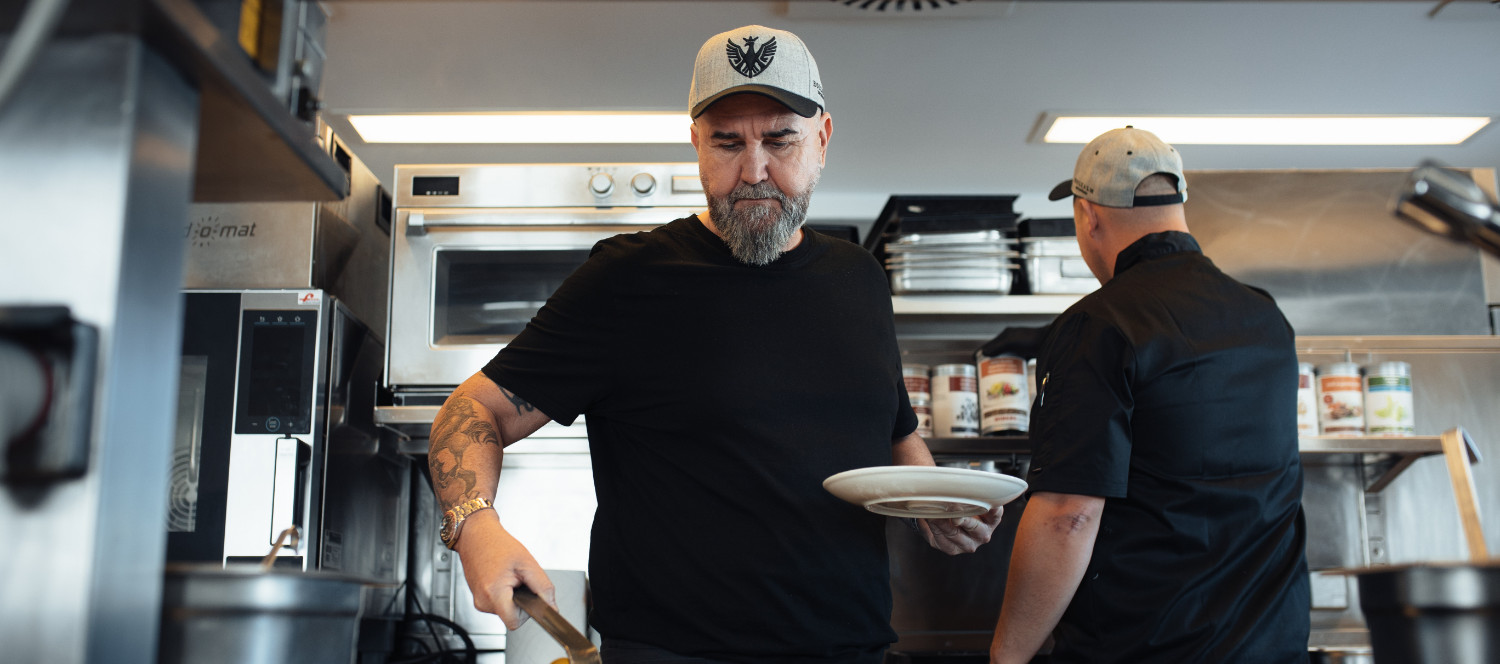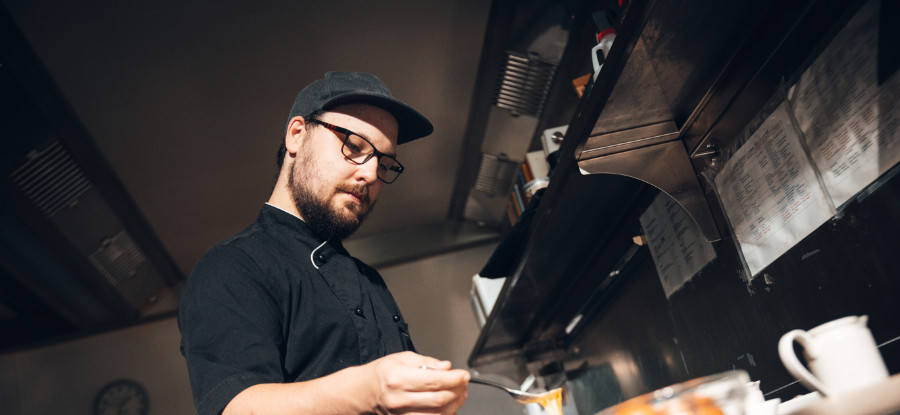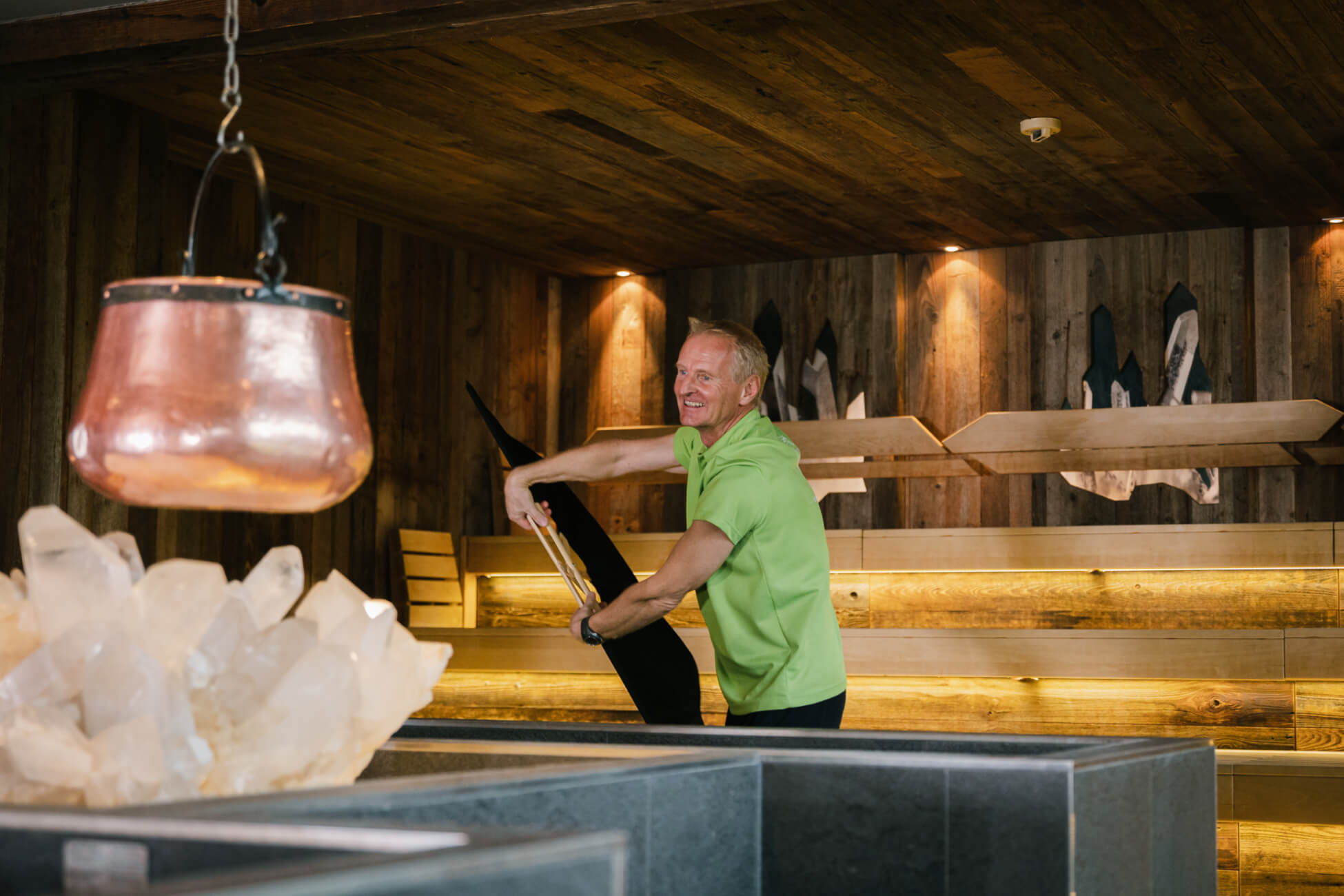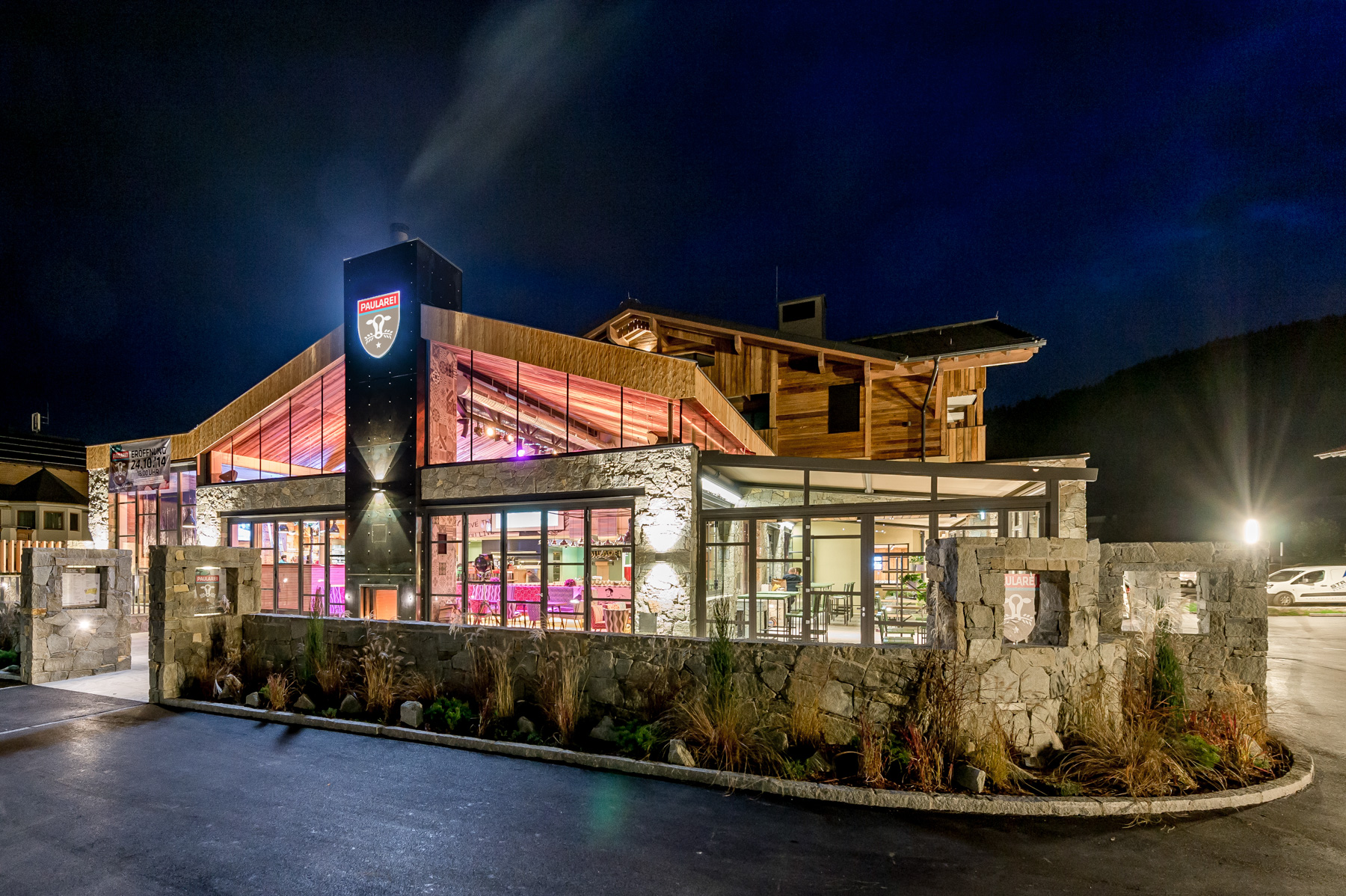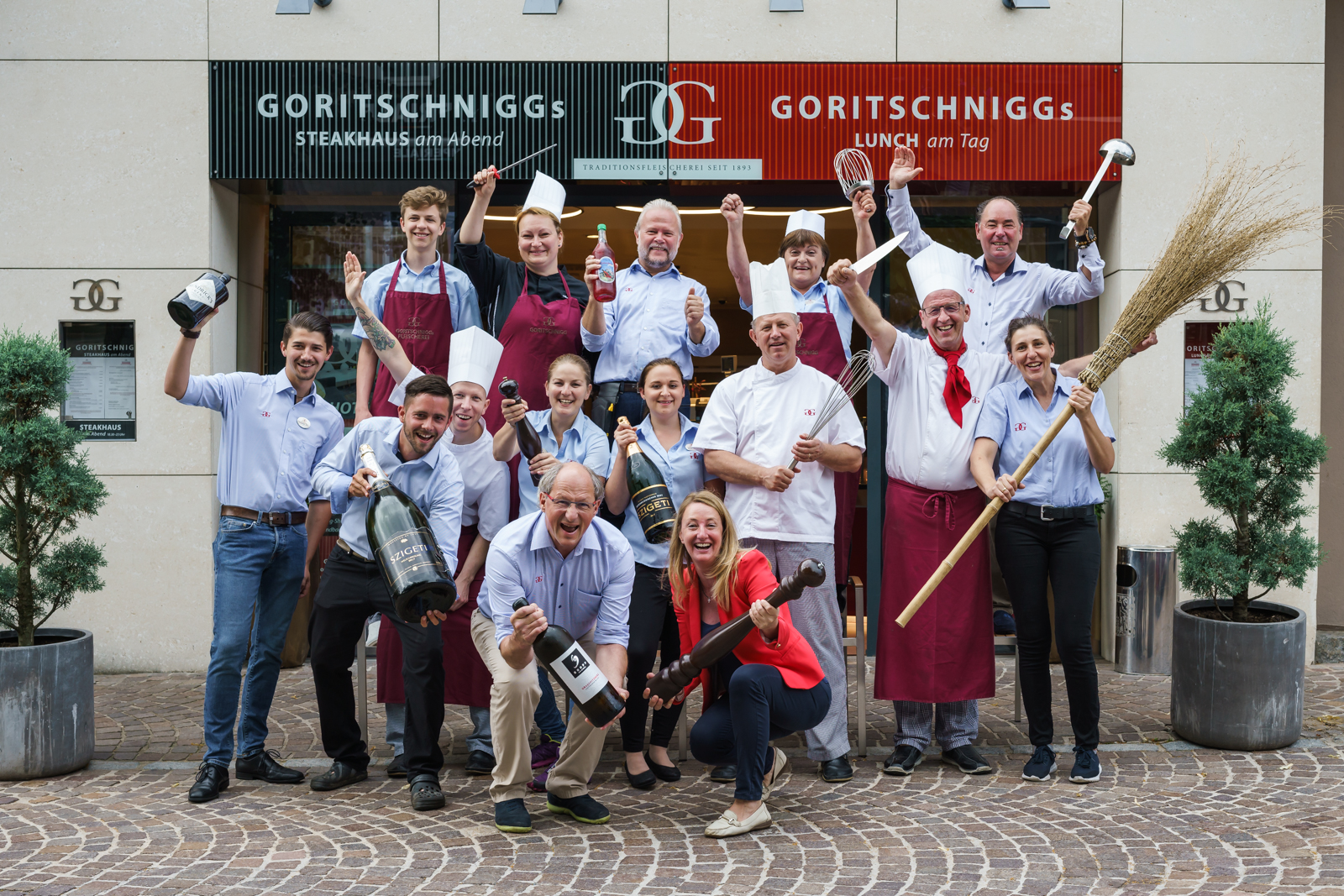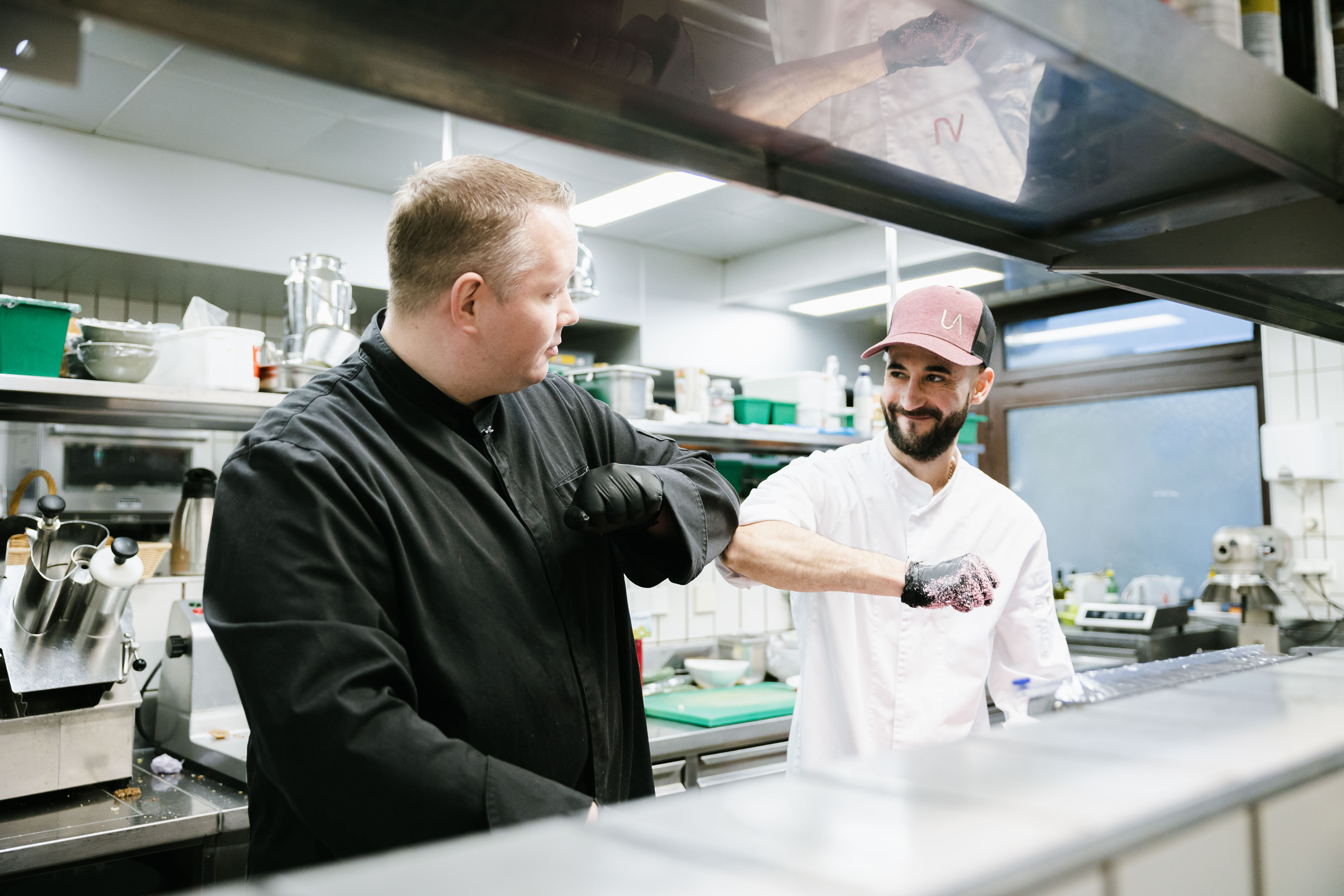
Dream job chef: what you need to know
What you need to be able to do as a chef
Have you had your dream job as a chef for as long as you can remember? Then now is the time to make your professional dream come true! But how do you become a chef and what do you need to know and be able to do? The HOGASTJOB team has summarized for you what you need to get off to a successful start in the kitchen.
1. Knowing what a chef does
First of all, you should be really sure that you want to work as a chef. Because the tasks go far beyond just cooking. The extensive activities also include preparatory work and organizational tasks, for example:
- Planning: drawing up menus and calculating prices
- managing goods: buying, checking and storing food correctly
- strict hygiene: at the workplace as well as in your own personal hygiene
- Mise-en-place: preparing the workplace and equipment
- Preparing and serving food: using a wide variety of methods, techniques and equipment
- Food knowledge: Compliance with food laws and advising guests
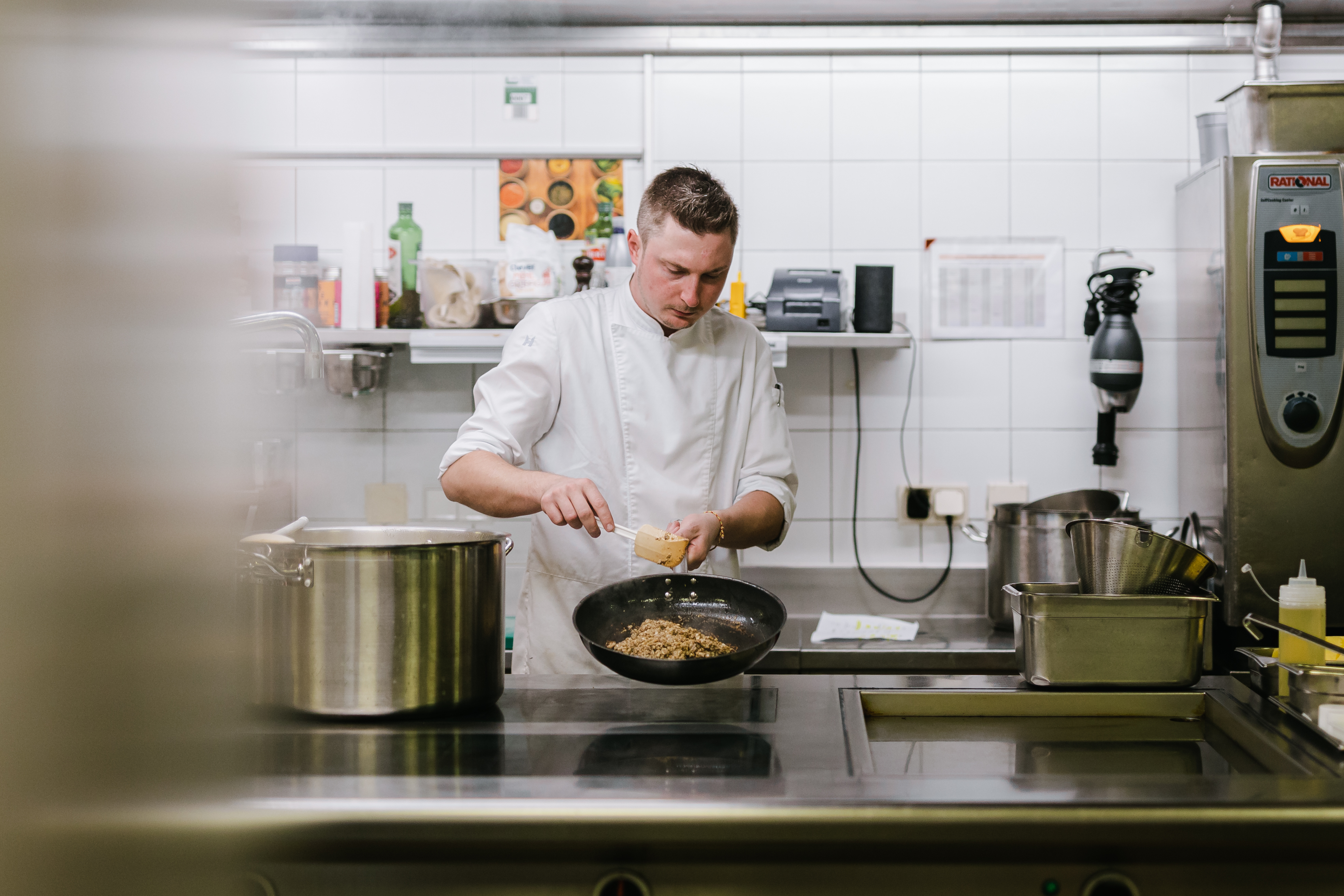
There is a wide range of careers for chefs, and you should consider the following aspects:
- Workplace: ranges from restaurants and hotels to canteen kitchens (e.g. in hospitals or companies), canteens and cafeterias
- Working hours: can start early in the morning, take place mainly during the day, but can also last into the night - working on public holidays and weekends is also common.
- Year-round vs. seasonal work: Some companies need cooks all year round, while tourist areas often rely on seasonal work.
- culinary focus: Whether à la carte, takeaway or buffet, whether home cooking, vegan cuisine, luxury catering or haute cuisine - the variety in the cooking sector is enormous.
2. The right training: Apprenticeship
Have you already completed your nine years of compulsory schooling? Great, then you can learn to be a chef. The dual apprenticeship lasts three years. Dual - that means:
1. The practical (major) part of the apprenticeship takes place in a training company that you can choose yourself.
2. The rest (approx. 20 percent of the time) is spent at vocational school, where you will be taught the theory of your profession and general knowledge.
3. At the end, you will take the final apprenticeship examination (LAP) to (successfully) complete your training. You can then officially work as a chef.
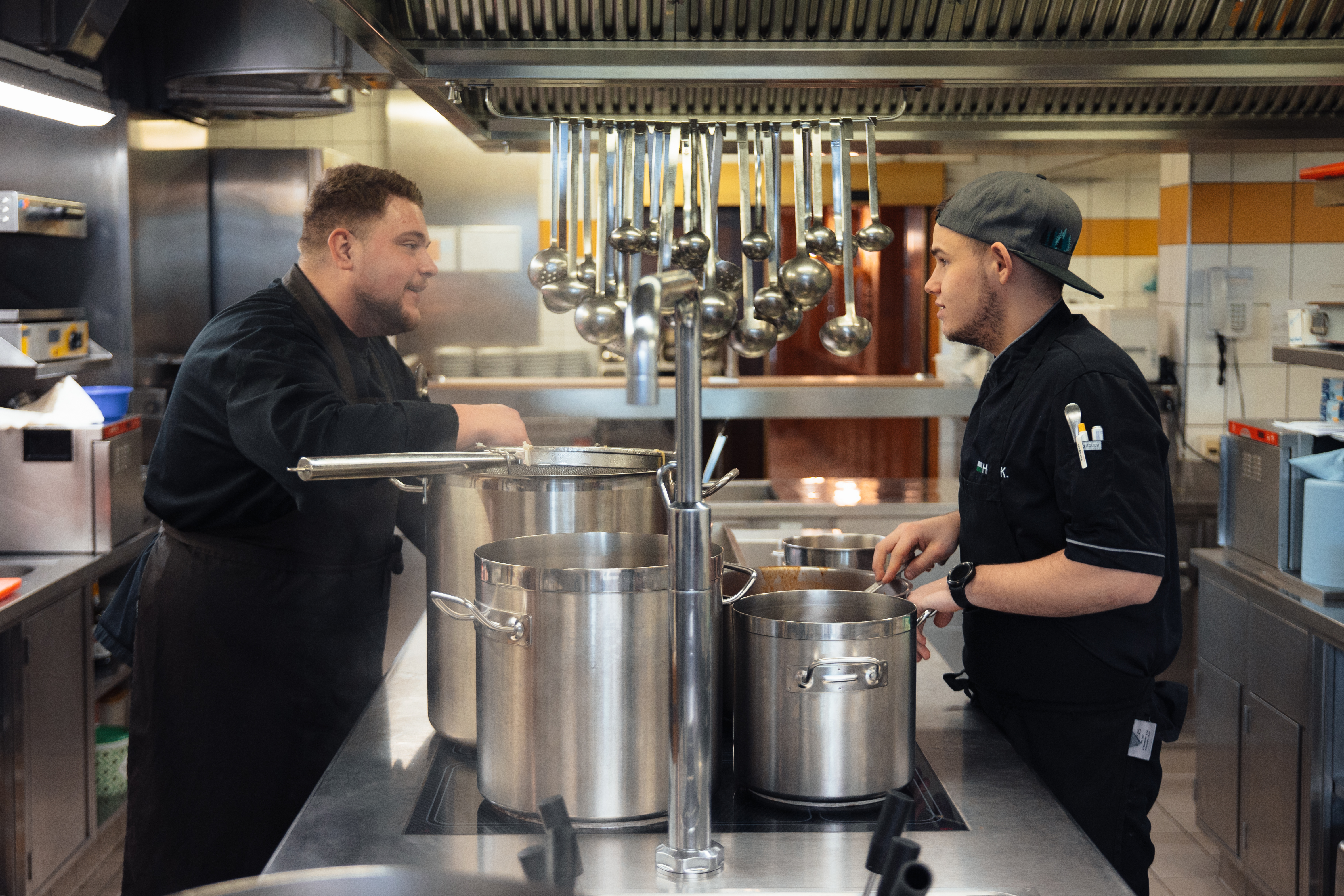
What else you need to know about the apprenticeship:
- There is a vocational school in every federal state in Austria.
- The highest number of apprenticeships can be found in tourism regions and larger cities.
- Cook is one of the most popular apprenticeships.
- The number of apprenticeships and jobs for chefs is expected to grow in the coming years.
The apprenticeship as a chef offers you these opportunities:
- Vocational school-leaving examination (apprenticeship with Matura)
- Access to master craftsman schools and master craftsman examinations for further specialist training
- Work in a company
- Self-employment
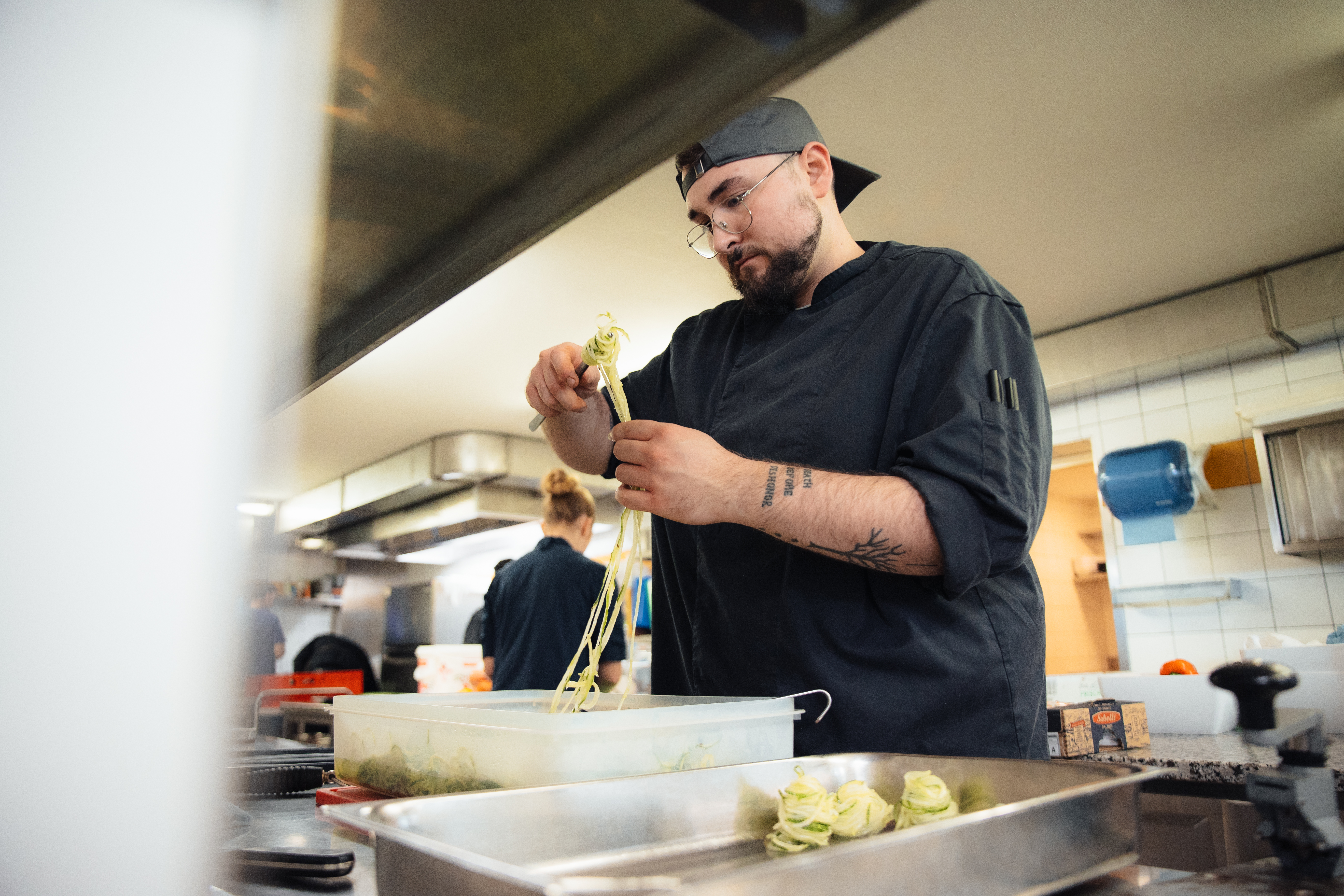
3. Knowledge and skills that prospective chefs should have
Of course, no one is perfect, and no one can do everything - but the following skills are an advantage for working as a chef:
- strong sense of smell and taste: e.g. for seasoning
- Creativity: e.g. for putting together menus and serving food
- Dexterity: e.g. for chopping ingredients
- organizational talent: e.g. for ordering, assigning kitchen staff, etc.
- Team spirit: e.g. when working with kitchen assistants and service staff
- physical resilience: e.g. in hot conditions in the kitchen, lots of movement, etc.
- mental resilience: e.g. in hectic situations during peak times
- Independence: e.g. when creating menus or work plans
- Knowledge : e.g. regarding allergenic ingredients, intolerances, sustainability, regional and seasonal cuisine, vegan and vegetarian diets, organic food, etc.
Tip: Read through our short lexicon of kitchen terms!
HOGASTJOB tip: If you are still looking for a suitable training company, then take a look at the vacancies on HOGASTJOB!

